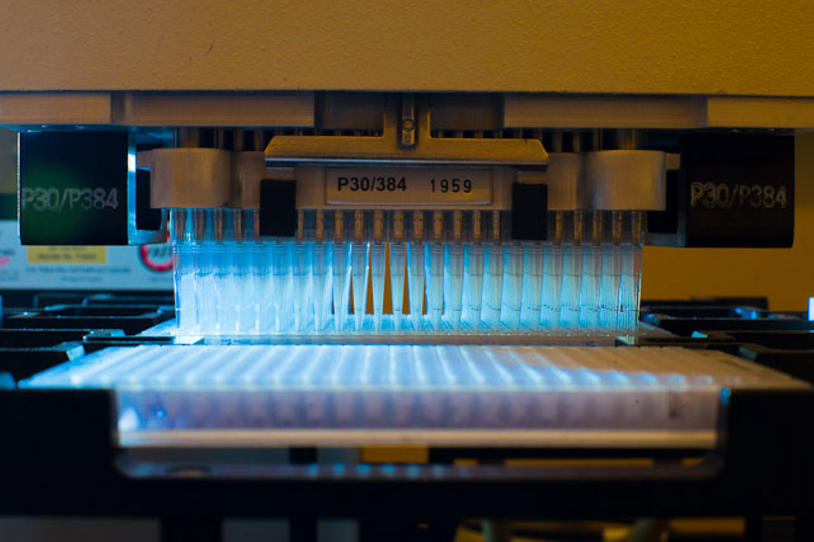
A fire has been lit under biomarkers research, as noted by medical journal Lancet Neurology in a March 2013 editorial.
Our Foundation’s landmark Parkinson’s Progression Markers Initiative, launched in 2010, is just about to complete enrollment and is being expanded to study at-risk individuals and carriers of certain genetic mutations. (Stay tuned to FoxFeed Blog for more information on the launch of the new cohorts this spring.) BioFIND, which got under way in 2012, continues to enroll a cohort of people in the more advanced stages of Parkinson’s disease. And in January the National Institute of Neurological Disease and Stroke (NINDS) at NIH jumped into the ring, launching the Parkinson’s Disease Biomarkers Program (PDBP), as reported by the FoxFeed Blog.
PDBP will work through three major channels: direct funding for research toward the discovery of new biomarkers, storing the biosamples collected in this research and distributing it to qualified teams for their own biomarker studies (at first PDBP sites, later all NINDS-funded researchers), and providing the bioinformatics support to manage the data that will emerge. Writes Lancet:
NINDS is keen to coordinate efforts with other biomarkers research initiatives in the standardization of data collection and sharing … and in the validation of novel findings. In that respect, the ongoing PPMI and the BioFIND study, both spearheaded by The Michael J. Fox Foundation, are good partners for PDBP, as the three studies apply the same protocols for banking of biospecimens.
The collaboration between PDBP and BioFIND is already happening. New collaboration opportunities will likely emerge when PPMI’s at-risk cohorts come online later this year, and the Lancet authors note that “If PDBP is to be fully successful in the quest for biomarkers, the opportunity to validate findings in these cohorts should not be missed.” We couldn’t agree more.
